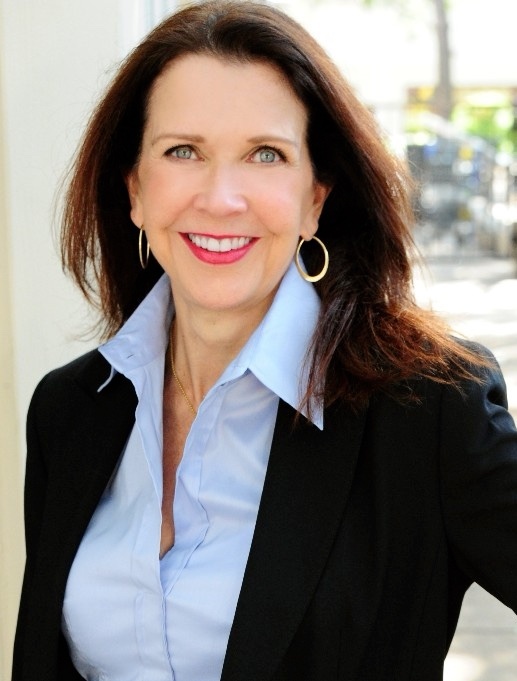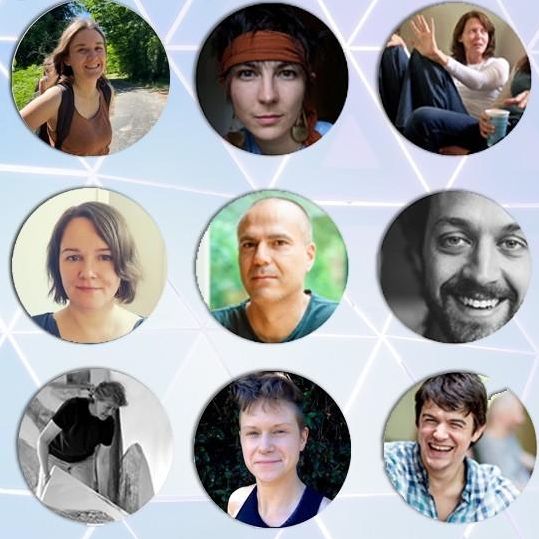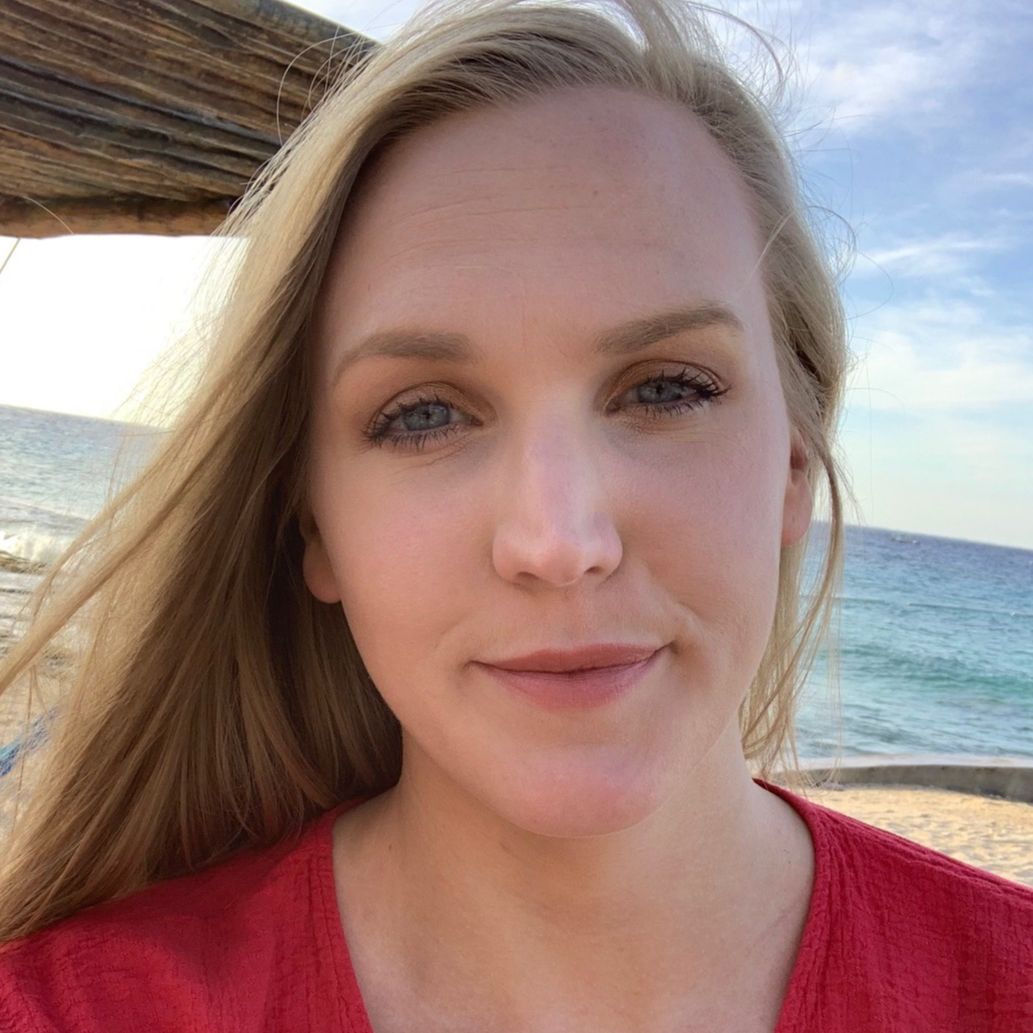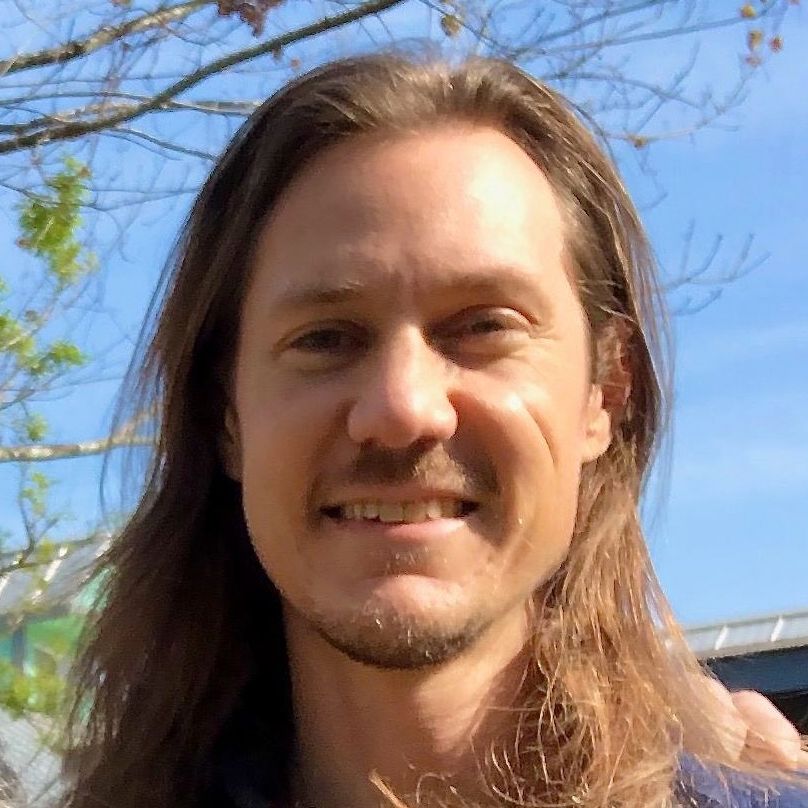Your Organization
 Written by Valerie Daniel
Written by Valerie Daniel
No where are the benefits of Relatefulness practices more tangible and impactful than in the workplace. Training with Relateful Co and engaging in our practices, is a cutting-edge and highly effective way for leaders and their teams to develop greater emotional intelligence, more honest and productive communication and higher developmental capacity (the ability to respond creatively and with agility to unexpected challenges).
Relatefulness can unlock unprecedented potential for your organization, shaping a corporate culture that is ready to face the future with resilience and innovation.
Theoretical Grounding
The theoretical research around the effectiveness (and dire need) of these practices in business comes from the fields of adult developmental psychology (Harvard’s Robert Kegan, Bill Torbert, Suzanne Cook-Greuter, Jane Loevinger, etc), interpersonal neurobiology (Daniel J. Seigel), mindfulness and emotional awareness (Brené Brown, Kristin Neff, Carol Dweck, Daniel Goleman, Angela Duckworth, Ellen Langer), the psychology of decision making and bias (Kahneman and Tversky) and to some extent systems theorists (MIT Sloan’s Peter Senge, Bertalanffy, Meadows).
The practical research on the effectiveness of these practices has come from applying them over the past decade, with thousands of people in hundreds of organizations, quite literally across the globe.
What the work looks like
The work we do with organizations is almost entirely bespoke; that said it often falls into a few categories:
- 1 to 3 day workshops
- 8 week series of weekly 2 hour online sessions
- Full scale evolutionary culture implementation—3-4 training days spread across six-nine months, personal coaching for a dozen team members, and biweekly team coaching.
We also provide:
- Executive / Leadership Team Coaching
- Level Up ⬆️ Executive
Example of a recent one day retreat
Following is a rough outline of a recent one day retreat—what practices we did, what we were building in the process, as well as some background references on why relational presence practices are so powerful and important in leadership development.
Schedule: 10a - 6p, with a 1hr break for lunch @ 1p.
Program: While we warmed up with and wove in some skill-building exercises in pairs, the core was two practices: “Focus” and “Flow”. In all of the practices, we preference speaking to (and listening to) what we’re experiencing in the present moment. We seek to speak truthfully and with compassion which means we don’t forget that others are impacted by what we say and that we care that they are impacted.
Relateful Focus Sessions
In a Focus session, we’ll spend ~30 min, as a group, focusing our attention on one team member, speaking from our present moment awareness of the person instead of historical references we might have about that person. We often say that this person will become “the object of our meditation”. We seek to know what it’s like to be them, to see the world through their eyes, and also to inquire in ourselves and share what it’s like to be with them. We will do a Focus session with each team member, sprinkling the sessions throughout the day. (*) While we highly encourage everyone to participate, if someone is uncomfortable, they may opt out of being the object of the group’s focus. It is a powerful—and often transformative—experience to have everyone’s attention and awareness focused on you, without needing anything from you other than for you to be you.
This Focus practice is a powerful way of building self-awareness (a combination of how we see ourselves, experience ourselves and how others see and experience us). This is also a compelling way to strengthen your forum’s effectiveness. It is a strikingly different way of being with each other, even for members who’ve known each other for several years.
Some other standard benefits of the Focus Session practice:
- Improving giving and receiving feedback in a way that actually can be heard and integrated, even when it’s extremely confronting
- Maintaining leadership focus and buy-in during emotionally intense and chaotic group scenarios
- Seeing blindspots
- An increased understanding of people’s unique strengths and limitations, and how these impact teamwork
There’s also a counterintuitive principle of growth that you really have to experience for it to make any sense, but quickly becomes apparent in Focus sessions: the more we’re able to accept and be with things as they are, the more quickly they evolve and improve. You can’t change what you don’t own.
Relateful Flow Sessions
In Flow sessions, the team will sit in a roughly circular shape where we can all see each other. We’ll probably do 2-3 Flow sessions during the day. Length is variable, depending on the significance of what we’re in, schedule, etc. I’ll start the session with some words of context that arise in the moment, inviting us, as a group, into the moment-to-moment experience of being with what’s here, individually and collectively. It is much like the Focus session, based in awareness, noticing what’s happening, what you’re curious about in yourself and/or others… speaking to what’s here. The difference is that the attention moves around according to where the group’s attention is drawn. Here, each member takes responsibility for leading themselves; being in contact with the group; and listening for and noticing what’s alive for the group… some sense of the “we” of the team.
Flow sessions are a perfect place to lean into your edge. This practice will challenge assumptions that most other containers won’t touch. As a result, you’ll see how you can navigate VUCA (volatility, uncertainty, complexity, and ambiguity) with greater equanimity and effectiveness. They often lead to Flow states (hence the name), and train rare leadership capacities such as:
- Allowing emergence, not control, that stays aligned with broad values.
- Adapting and creating conditions for creativity and self-management.
- Foster disequilibrium to allow for innovation.
- Integrate polarities, listen amidst action, promote harmonious societal development.
- Reframe, hold a mirror up to transformation.
- Being comfortable with uncertainty
- Profound acceptance that allows for powerful engagement.
Flow sessions challenge our assumptions about how we should interact by removing the strong structure of rules typically found in groups. This allows for a greater attunement to the present configuration of people, feelings, beliefs, and awareness. However, participants must be willing to face intensity, chaos and willingness to inquire into both internal and external pressures to behave a certain way. For our purposes, I can adjust the level of intensity when participants speak up about their experiencing overwhelm or flooding, and zoom in on that moment as a key place of learning and development.
More on the Research
I want to be straightforward: Relatefulness is a relatively new concept in leadership training, and there is not yet a large body of research on it specifically. However, as I mentioned the principles and techniques used in Relatefulness training are backed by research in related fields, such as interpersonal communication, emotional intelligence, and positive psychology. In addition to the wealth of first-hand testimony over the past eleven years of leading this ecology of practices, we draw a lot of inspiration on the research into “adult development,” sometimes referred to as which emphasizes the importance of evolving not just what we learn (“horizontal development”), but how we make sense of learning at all, and therefore how we learn (“vertical development”).
This research on vertical development has shown that leaders with higher developmental capacity or action logic tend to perform better in complex and uncertain environments [1], have more power and influence in the workplace[2], and are more successful in transforming their organizations and the world[3]. Relatefulness practices can help to develop this capacity by training leaders to respond creatively and with agility to unexpected challenges.
What sets being Relateful apart is (1) its emphasis on relating, and (2) its focus on transforming the way we transform ourselves. By consistently taking in-the-moment, subjective and intersubjective experiences and placing them in conversations as objects, we gain psychological space, new choices, build critical self-reflective capacity, and increase interpersonal and emotional intelligence. Traditional leadership training programs may teach skills that could be outdated in a few years, but Relatefulness aims to evolve the sense of self to do, be, and think from higher levels of complexity, so you’re always adapting.[4]

References
[1] “With vertical [adult] development, leaders perform better across a host of mission-critical domains: • Think strategically • Think systemically • Think contextually • Decision-making • Lead transformational change • Inspire vision • Build relationships • Collaborate • Create innovative solutions • Tolerate ambiguity • Resolve conflicts • Develop themselves and others • Facilitate learning • Reframe challenges • Seek out feedback” From Barrett Brown’s The Future Of Leadership For Conscious Capitalism, Benay, Phyllis. (1997); Bushe, G. R., & Gibbs, B. W. (1990); Eigel, K. M. (1998); Eigel, K. M., & Kuhnert, K. W. (2005); Kegan, R., & Lahey, L. (2010); Lewis, P., Forsythe, G. B., Sweeney, P., Bartone, P., Bullis, C., & Snook, S. (2005).
[2] “80 percent of upper level management have higher levels of mental development. And, 80 percent of junior managers have junior levels of mental development.“ From The 80/80 Principle by Robert McNamara: http://www.robmcnamara.com/XResources/Satellite.T.pdf
[3] Seven Transformations of Leadership by David Rooke and William R. Torbert, Harvard Business Review 2005. http://hbr.org/2005/04/seven-transformations-of-leadership/ar/1
[4] Some of the most progressive companies in the world are doing this, and are becoming incredibly successful because of it. See An Everyone Culture and Making Business Personal by Robert Kegan, Lisa Lahey, Andy Fleming, and Matthew Miller, Harvard Business Review, April 2014. http://hbr.org/2014/04/making-business-personal/ar/1 and Laloux, Frederic, Reinventing Organizations. Nelson Parker; 1 edition (February 20, 2014).
















